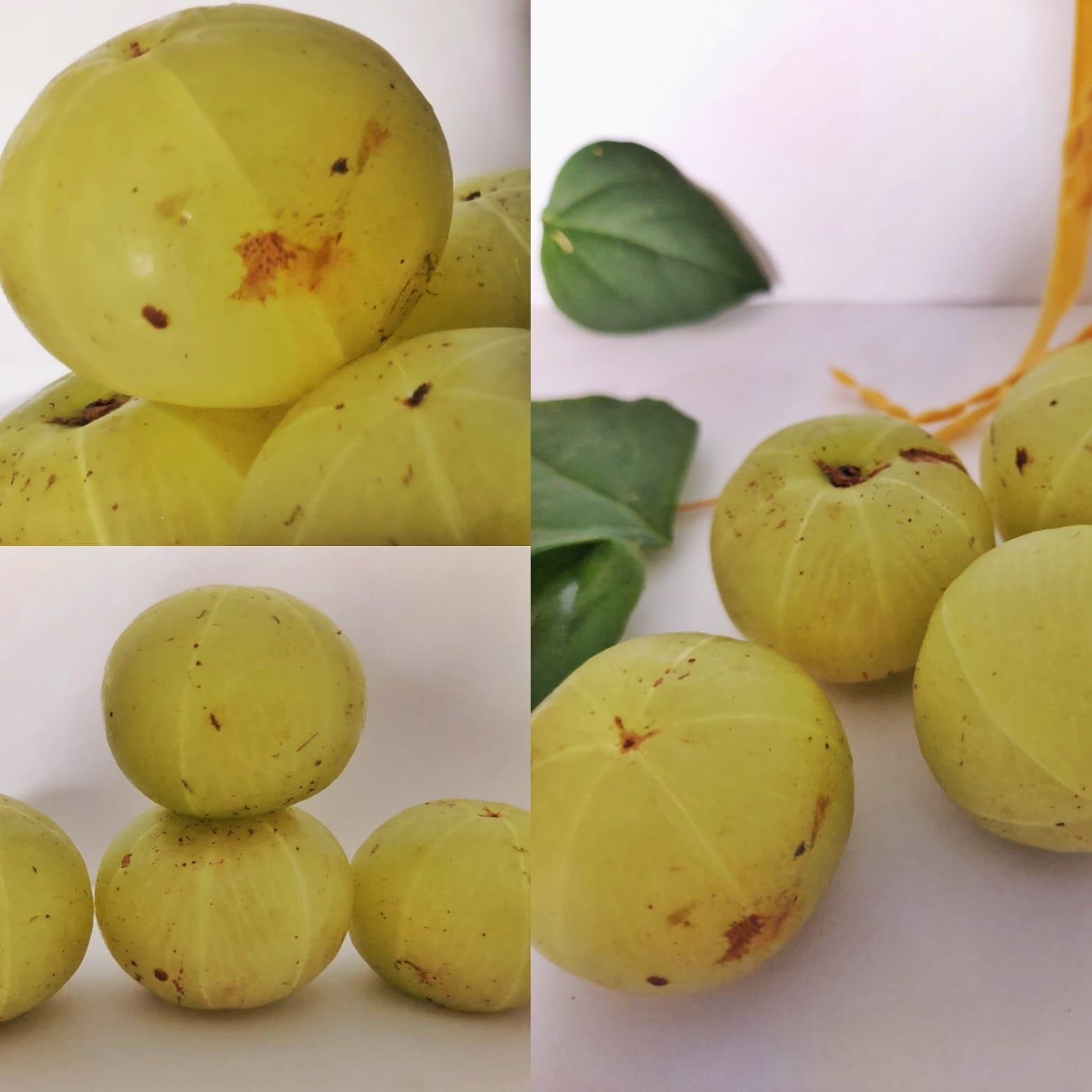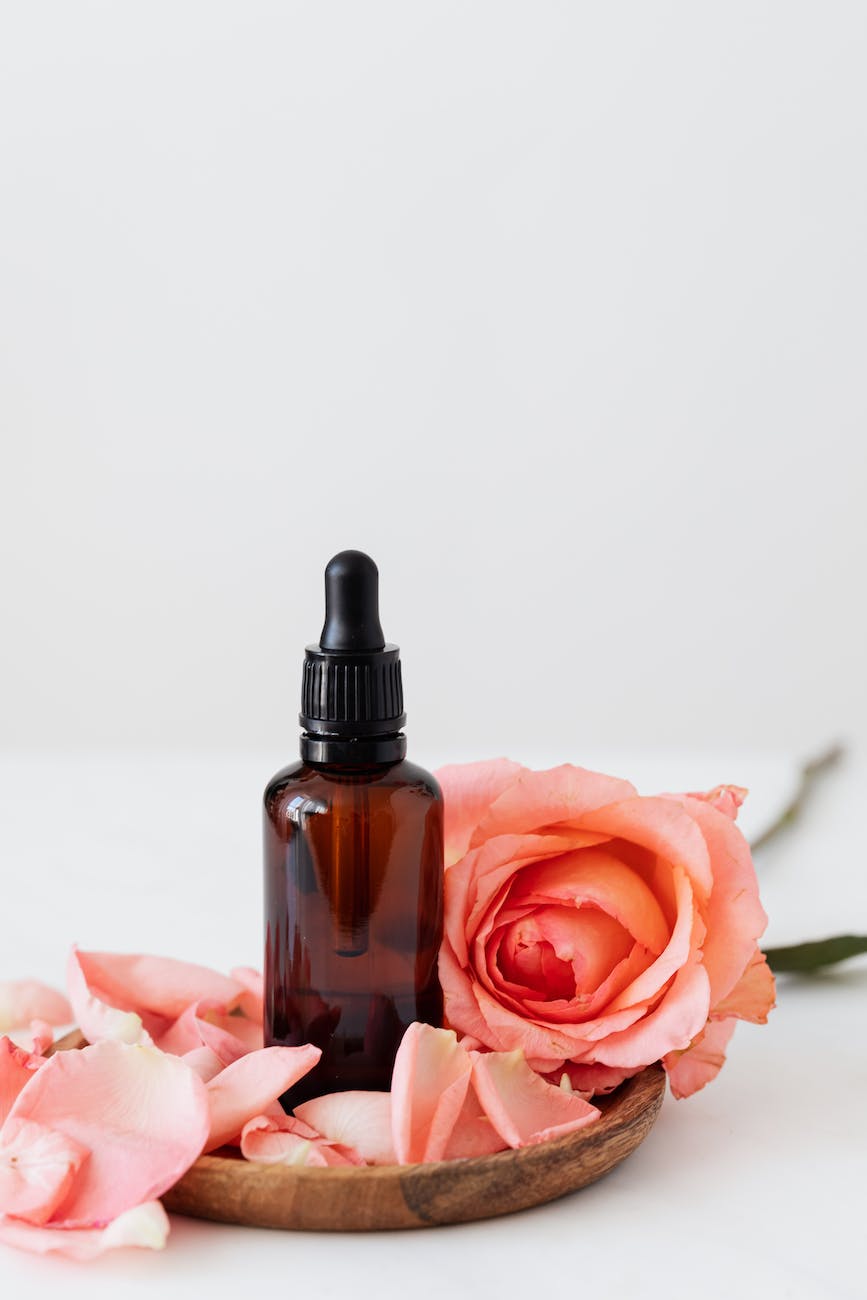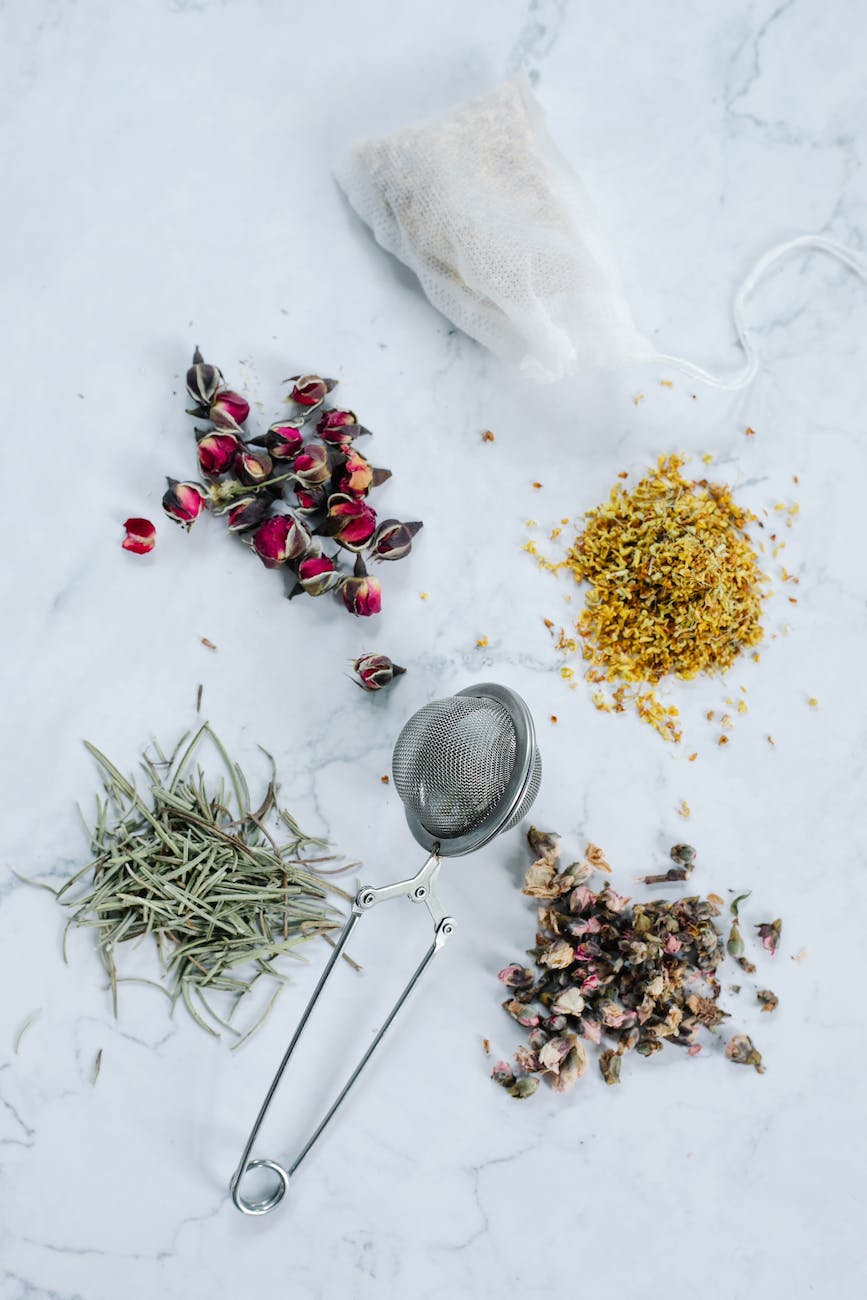
Amla, also known as Indian gooseberry, has been revered for centuries in Ayurveda for its numerous health and beauty benefits. This small green fruit is a powerhouse of nutrients, including vitamin C, antioxidants, and essential minerals, making it a potent remedy for various skin concerns. While Amla’s impact on hair care is well-known, its magic extends to skincare as well. In this comprehensive blog post, we will explore the wonders of Amla for the face and skin, shedding light on its natural elixir that unlocks a radiant glow and nourishes the skin from within.
1. Amla Face Pack for Glowing Skin
Amla Face Pack is a wonderful way to harness the beauty benefits of this miraculous fruit. To prepare the face pack, mix Amla powder with rose water or yogurt to form a smooth paste. Apply it to your face and neck, leaving it on for about 20 minutes before rinsing off with cold water.
Benefits of Amla Face Pack for Skin:
- Brightens Complexion: The high vitamin C content in Amla brightens the skin, reducing dullness and promoting a healthy glow.
- Tones and Firms Skin: Amla’s astringent properties help tighten the skin and improve its elasticity, reducing the appearance of fine lines and wrinkles.
- Soothes and Nourishes: The anti-inflammatory properties of Amla soothe irritated skin, making it an excellent remedy for acne-prone skin.
- Exfoliates Dead Skin Cells: Amla face pack acts as a gentle exfoliator, removing dead skin cells and promoting cell turnover, revealing fresher and smoother skin.
2. Amla Oil for Skin Nourishment
Amla oil is not only a boon for hair but also a treasure for the skin. Rich in essential fatty acids and nutrients, Amla oil nourishes and hydrates the skin, leaving it supple and soft.
Benefits of Amla Oil for Skin:
- Moisturizes Dry Skin: Amla oil deeply moisturizes dry and flaky skin, alleviating dryness and promoting a well-hydrated complexion.
- Anti-Aging Properties: The antioxidants in Amla oil combat free radicals, protecting the skin from premature aging and maintaining youthful-looking skin.
- Reduces Pigmentation: Amla oil can help reduce dark spots, blemishes, and pigmentation, giving the skin an even-toned appearance.
- Soothes Irritated Skin: Amla oil’s soothing properties calm irritated skin, making it an ideal solution for sensitive skin types.
3. Amla Juice for Skin Detoxification
Consuming Amla juice can work wonders for skin health from the inside out. The high vitamin C content in Amla juice aids in skin detoxification, flushing out toxins and promoting a clearer complexion.
Benefits of Amla Juice for Skin:
- Detoxifies Skin: Amla juice helps cleanse the skin from within, flushing out toxins and impurities that can lead to skin issues.
- Enhances Skin Radiance: Regular consumption of Amla juice can make the skin appear brighter and more radiant, improving its overall glow.
- Promotes Collagen Production: The vitamin C in Amla juice stimulates collagen production, improving skin elasticity and firmness.
4. Amla Powder for Skin Rejuvenation
Amla powder is a versatile ingredient for skincare. When used as a face mask or incorporated into skincare products, Amla powder can rejuvenate the skin and enhance its natural beauty.
Benefits of Amla Powder for Skin:
- Revitalizes Dull Skin: Amla powder revitalizes dull and tired-looking skin, giving it a fresh and rejuvenated appearance.
- Controls Excess Oil: Amla powder can help control excess oil production, making it beneficial for those with oily and acne-prone skin.
- Reduces Acne and Blemishes: The antibacterial properties of Amla powder help reduce acne and blemishes, promoting clearer skin.
- Promotes Even Skin Tone: Amla powder can help fade dark spots and pigmentation, promoting a more even skin tone.
5. Amla Extract for Anti-Aging Skincare
Amla extract is a potent form of Amla that can be found in various skincare products. Its concentrated form allows for targeted treatment of specific skin concerns, especially related to anti-aging.
Benefits of Amla Extract for Skin:
- Fights Fine Lines and Wrinkles: Amla extract’s antioxidant-rich properties combat free radicals, reducing the appearance of fine lines and wrinkles.
- Improves Skin Elasticity: Regular use of Amla extract promotes skin elasticity, preventing sagging and maintaining youthful skin.
- Promotes Cell Regeneration: Amla extract stimulates cell regeneration, helping the skin look fresh and rejuvenated.
- Restores Youthful Glow: Amla extract brings back the skin’s natural radiance, providing a youthful and healthy glow.
Frequently Asked Questions (FAQs) – Amla for Face and Skin
1. How does Amla benefit the skin? Amla is a rich source of vitamin C and antioxidants, which promote collagen production, protect the skin from free radicals, and maintain a youthful appearance. It brightens the skin, evens out the skin tone, and reduces pigmentation, making the skin look radiant and healthy.
2. Can Amla help treat acne and pimples? Yes, Amla’s antibacterial and anti-inflammatory properties can help in treating acne and pimples. Its vitamin C content aids in reducing acne scars and blemishes, resulting in clearer and smoother skin.
3. How to use Amla oil for face massage? To perform a rejuvenating face massage, mix a few drops of Amla oil with a carrier oil like almond or jojoba oil. Gently massage your face in circular motions to nourish the skin, improve blood circulation, and achieve a radiant glow.
4. How can I prepare an Amla face pack for glowing skin? Create an effective Amla face pack by combining Amla powder with yogurt and honey. Apply this pack on your face for 20 minutes and then rinse off with cold water. It deeply nourishes the skin, imparts a natural glow, and tightens the pores.
5. How does Amla help with dark circles and under-eye bags? Amla’s anti-inflammatory properties and high vitamin C content can help reduce puffiness, dark circles, and under-eye bags. Applying a mixture of Amla powder and rose water under your eyes can brighten the under-eye area and improve skin texture.
6. Can Amla be used to treat skin infections? Yes, Amla’s antimicrobial properties make it an effective natural remedy for treating skin infections, acne breakouts, and skin irritations. Its healing properties can soothe and improve various skin conditions.
7. How can Amla be used for skin tightening? Amla contains high levels of tannins, which help in skin tightening and reducing the appearance of fine lines and wrinkles. Applying Amla paste mixed with yogurt as a face mask can promote skin firmness and elasticity.
8. Is Amla beneficial for sun-damaged skin? Yes, Amla’s antioxidants offer protection against UV-induced skin damage, reducing sunspots, and preventing skin pigmentation caused by harmful sun rays.
9. How can Amla be incorporated into a skincare routine? Amla can be used in various forms like Amla powder, Amla oil, or fresh Amla extracts. It can be used to prepare face packs, face scrubs, toners, and more, making it easy to incorporate into your daily skincare routine.
10. Is Amla suitable for all skin types? Yes, Amla is generally safe and suitable for all skin types. However, it is always recommended to perform a patch test before using any new skincare product to ensure there are no allergic reactions.
11. Can Amla oil be used for hair growth and scalp health? Absolutely! Amla oil is renowned for its hair growth and scalp benefits. It nourishes the scalp, strengthens hair follicles, and promotes healthy hair growth.
12. Can Amla powder be mixed with other ingredients for skin and hair care? Certainly! Amla powder can be mixed with various natural ingredients like yogurt, honey, rose water, oatmeal, or milk to create effective DIY face packs, hair masks, and scrubs.
13. Can Amla help in reducing wrinkles and fine lines? Yes, the antioxidants in Amla help combat free radicals, which contribute to premature aging. Regular use of Amla-based products can minimize wrinkles and fine lines, giving the skin a more youthful appearance.
14. Is Amla oil beneficial for beard growth? Yes, Amla oil can be beneficial for beard growth as it nourishes the hair follicles, promotes hair thickness, and enhances beard growth.
15. How frequently can I use Amla-based products on my skin and hair? For the best results, it is recommended to use Amla-based products 2-3 times a week or as per the instructions provided with the product.
Conclusion: Embrace the Magic of Amla for Glowing Skin
Amla, the ancient Indian fruit, holds the key to unlocking radiant and glowing skin. From Amla face packs to Amla oil and Amla juice, each form of this natural elixir offers unique benefits for skin rejuvenation, hydration, and detoxification. With its rich vitamin C content and powerful antioxidants, Amla is a beauty secret that has stood the test of time.
Blog Tags: amla, Indian gooseberry, skin care, beauty, natural remedies, Amla face pack, Amla oil, Amla juice, Amla powder, Amla extract, radiant skin, skin rejuvenation, anti-aging skincare, skincare benefits, glowing skin, skin detoxification, skincare routine, skin nourishment.












